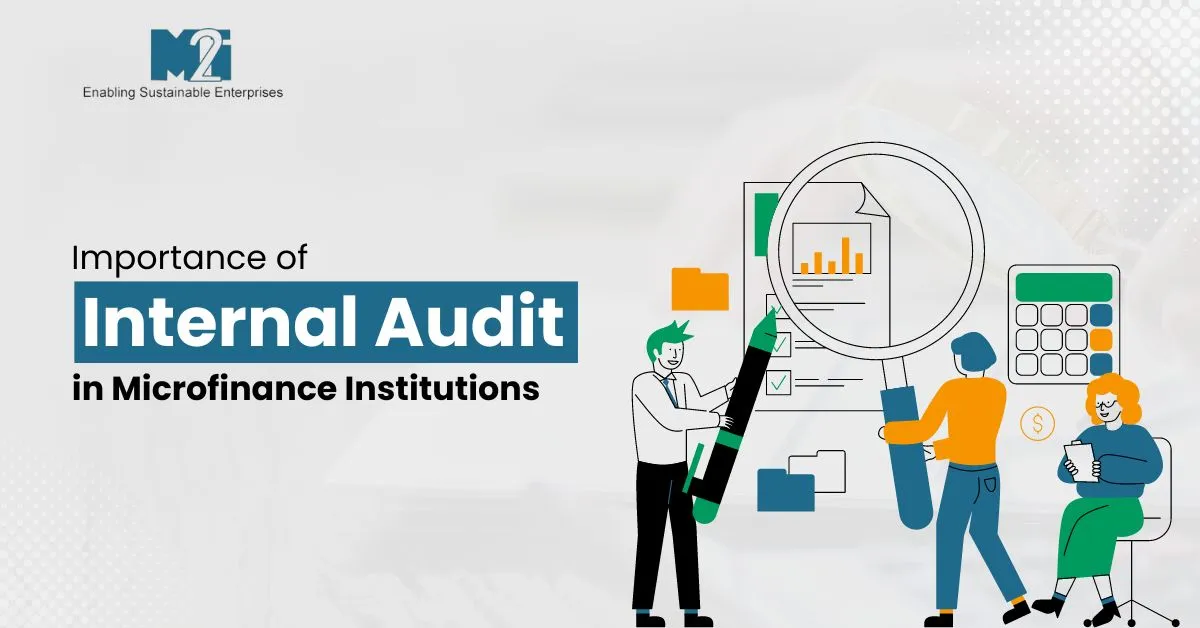
Importance of Internal Audit in Microfinance Institutions
A functioning Internal Audit system holds immense importance within Microfinance Institutions (MFIs) as it diligently oversees the institution's processes and transactions. Its primary role lies in ensuring strict adherence to the designed processes, thereby maintaining the integrity of operations.
By actively preventing and detecting potential frauds, . This oversight instills confidence among stakeholders, fostering an environment conducive to growth. Stakeholders trust the institution's transparency and responsible practices, which are reinforced through the watchful eye of Internal Audit.
Beyond monitoring, Internal Audit serves as a valuable source of improvement suggestions. Its insights guide the institution in refining processes and addressing deficiencies. Moreover, it serves as an early warning system, flagging potential risks before they escalate into major concerns.
Operational efficiency receives a considerable boost through Internal Audit's identification of weaknesses and subsequent recommendations for enhancements. Additionally, it ensures the MFI's adherence to regulatory standards, mitigating legal and operational risks.
Notably, Internal Audit extends its role to safeguarding MFI clients by enforcing a code of conduct. This ensures that clients receive fair and ethical treatment, enhancing their financial protection.
In essence, a robust Internal Audit framework is fundamental for the stability and credibility of Microfinance Institutions. It upholds financial integrity, prevents fraudulent activities, and actively contributes to growth, efficiency, regulatory compliance, and ethical client relations.